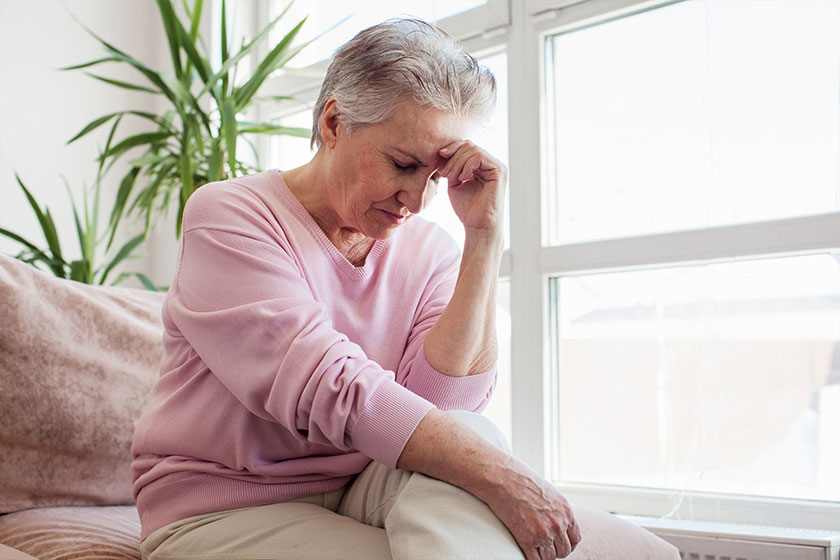Mental health conditions such as depression and anxiety can happen to people of all ages. It is often overlooked in older adults as a change in behavior or personality may commonly be attributed to a cognitive decline or just a part and parcel of aging.
However, depression and anxiety aren’t something that everyone experiences while they are getting older or something that happens at least once in their lives. While changes in life and transitioning after retiring may cause your loved one to feel anxious or bleak about their outlook in life, this should last no longer than 2 weeks.
Many people think that if you have a mental health condition like depression or anxiety, you just need to put in the effort to get over it. But this is far from true and it’s important for your loved ones to get the help they need to improve their symptoms, memory, and overall quality of life. As such, we have put together a list of the common symptoms and signs of mental health problems.
Social Isolation
The most common sign of a mental health condition like depression is social isolation or the withdrawal from family and friends. You may find that your loved one is spending much more time at home, trying to avoid any form of social interaction or social activity as much as possible.
People with anxiety or depression often socially withdraw and lose interest in activities they used to enjoy doing even if they may feel lonely as it sucks all of their energy and motivation, leaving them feeling exhausted and fatigued. If you notice that your loved one is socially withdrawing and not engaging in activities that brought joy to them, try reaching out to them and see what they need.
Unexplained Fatigue and Changes in Sleep
Another common sign is that you may notice that your loved one is increasingly more fatigued and tired than usual or notice changes in their sleep routine. For example, despite getting the full 8 to 9 hours of sleep each night, they may still appear more fatigued and exhausted during the day and may not be able to have the energy to do their everyday activities.
Changes in Appetite and Weight
You may also notice the changes in your loved ones’ appetite and weight. If your loved one isn’t placed on any diet for medical reasons and you notice that your loved one is either eating more or less than normal, then it might be due to a mental health condition. Some people experience an increased appetite and weight gain, while others experience a lack of appetite and weight loss.
Changes in Appearance or Home Maintenance
A sign that you may spot in the early stages of a mental health condition is the decline in personal grooming or sudden changes in making an effort to clean or tidy their home.
Feelings of Despair, Worthlessness, Being a Burden, Guilt
Feelings of despair, worthlessness, being a burden, emptiness, numbness, and guilt are common symptoms of depression. People with depression often have intrusive thoughts constantly criticizing and reminding them of how much a burden they are, preventing them from reaching out for help.







